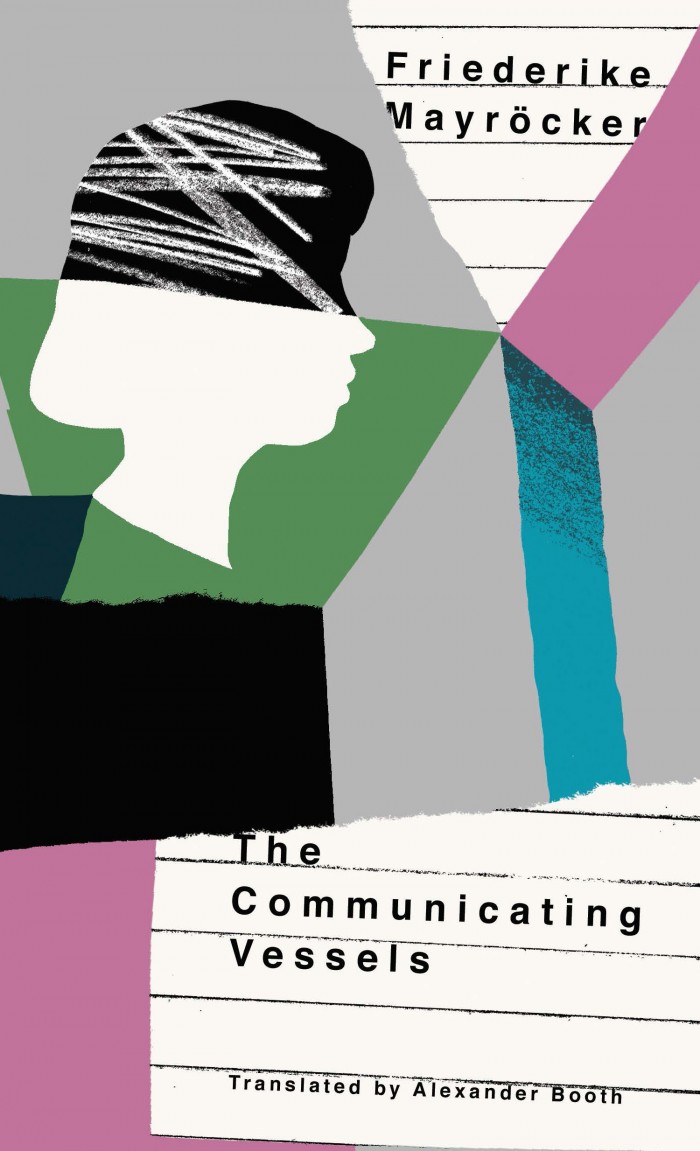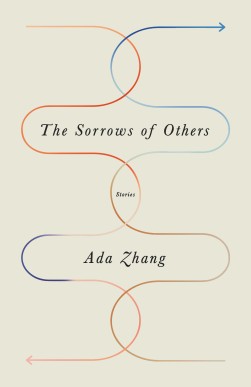The Communicating Vessels

The Communicating Vessels
Translated from the German by Alexander Booth
Friederike Mayröcker met Ernst Jandl in 1954, through the experimental Vienna Group of German writers and artists. It was an encounter that would alter the course of their lives. Jandl’s death in 2000 ended a partnership of nearly half a century. As writers have for millennia, Mayröcker turned to her art to come to terms with the loss.
$16.95
This title is also available at:
Bookshop | Amazon | Barnes & Noble | Powell's
Taking its cue from André Breton’s work of the same name, The Communicating Vessels is an intensely personal book of mourning, comprised of 140 entries spanning the course of a year and exploring everyday life in the immediate aftermath of Jandl’s death. Rilke is said to have observed that poetry should begin as elegy but end as praise: taking this as a guiding principle, And I Shook Myself a Beloved reflects on a lifetime of shared books and art, impressions and conversations, memories and dreams. Masterfully translated by Alexander Booth, these two singular books of remembrance and farewell offer a stunning testament to a life of passionate reading, writing, and love.


Praise
A raw literary meditation on loss.
Kirkus
In Mayröcker’s death-haunted late style, the poet’s power expresses itself in a rigorous program of documentation and transcription… to preserve in poetry what is being lost or has been lost in life.
Ryan Ruby, Poetry Foundation
With breathless abandon, [Mayröcker] has continually expanded her oeuvre and exploded notions of genre and convention, while always getting to the heart of this earthly living.
BOMB magazine
Through the powerful immediacy of her at times heart-wrenching language, Mayröcker proves that grief does not have to be private and can acquire a dignity that triumphs over any worry about decency.
Heide Kunzelman, Times Literary Supplement
In his masterly translation of Vessels, a work that confidently flouts grammatical rules and linguistic convention, Booth manages to enter Mayröcker’s mind and interpret her raw, cascading thoughts. It’s heartbreaking to witness her anguish and disorientation, while simultaneously astounding to revel in her complete liberation from the confines of language.
Sophia Stewart, Asymptote Journal
Alexander Booth’s translation masterfully gives way to Mayröcker’s antics. One intuits that the translation is never ahead of the text, but that the galloping sentences in the original German exist independently of any equivalences.
Carla Chinski, Full Stop
Press
Isn’t That So, an excerpt from The Communicating Vessels in the Paris Review
New York Times, obituary



